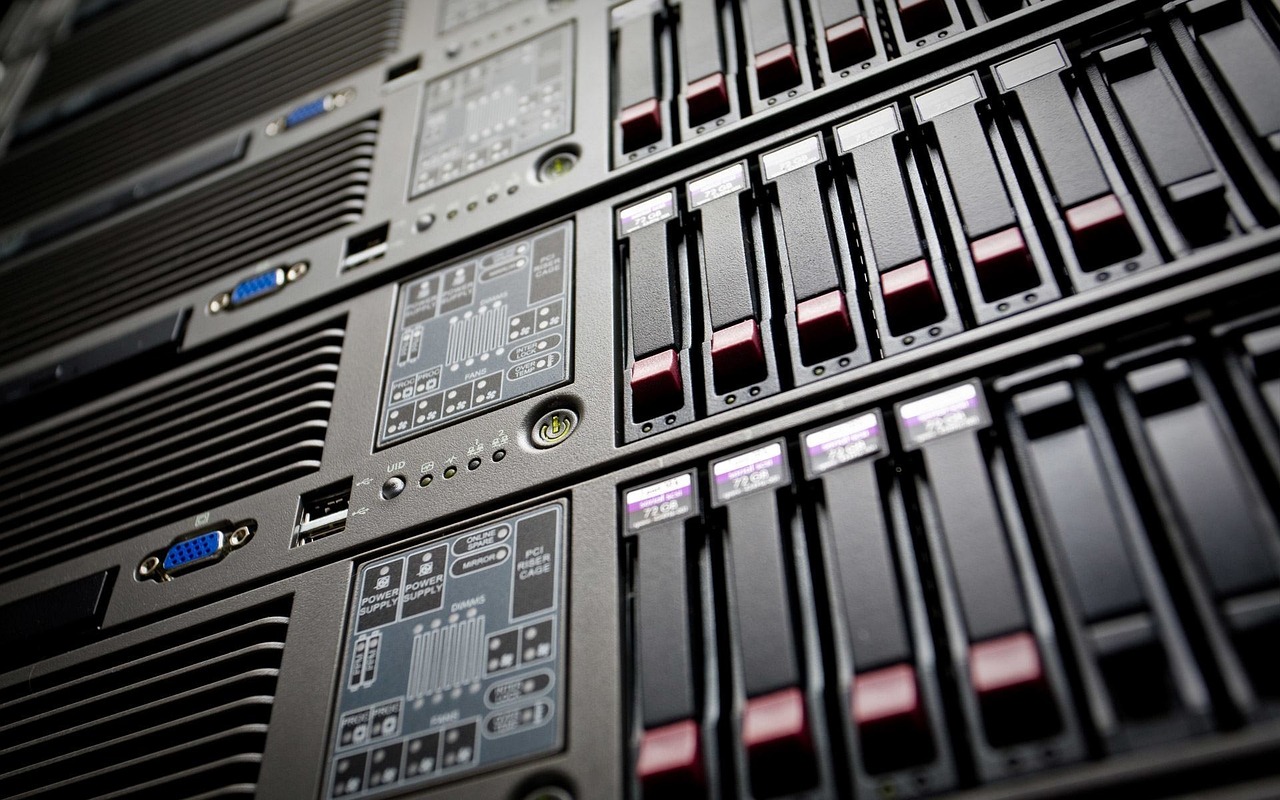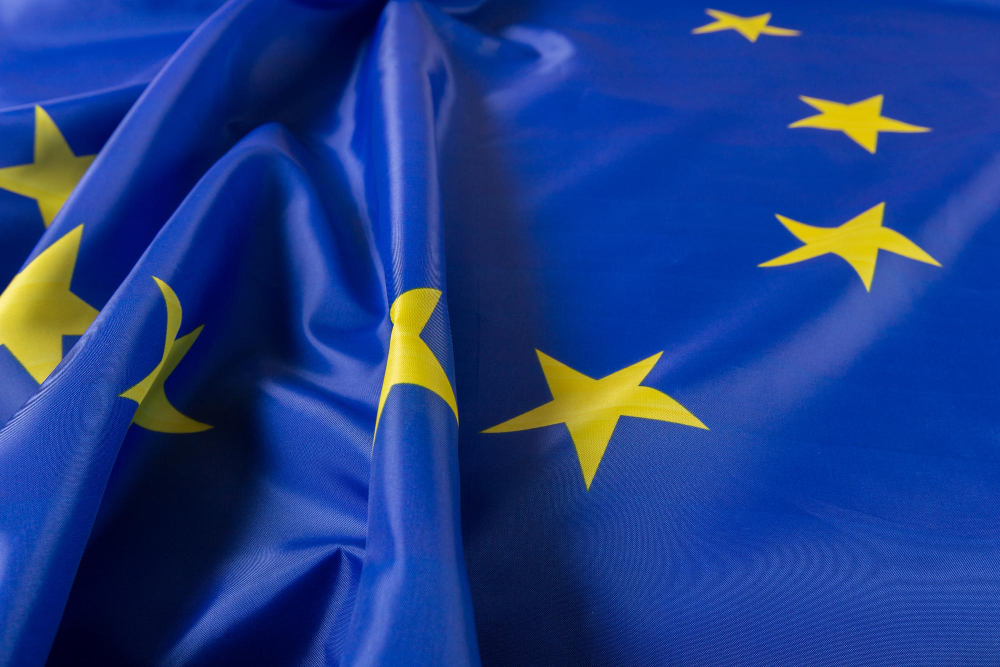Senator Bernie Sanders has warned at Stanford University in California that the US is unprepared for the speed and scale of the AI revolution. Speaking in California alongside Congressman Ro Khanna, he called the moment one of the most dangerous in modern US history.
At Stanford University, Sanders urged a moratorium on the expansion of AI data centres to slow development while lawmakers catch up. He argued that the American public lacks a clear understanding of the economic and social impact ahead and that New York is already considering a pause.
Khanna, who represents Silicon Valley in California, rejected a complete moratorium but called for steering AI growth through renewable energy and water efficiency standards. He outlined principles to prevent wealth from being concentrated among a small group of tech billionaires.
Sanders also raised concerns in California about job losses and emotional reliance on AI, citing projections of widespread automation. He called for a national debate in the US over whether AI will benefit the public or deepen inequality.
Would you like to learn more about AI, tech and digital diplomacy? If so, ask our Diplo chatbot!










